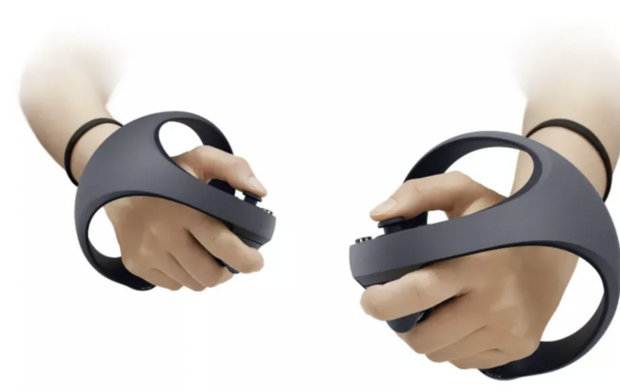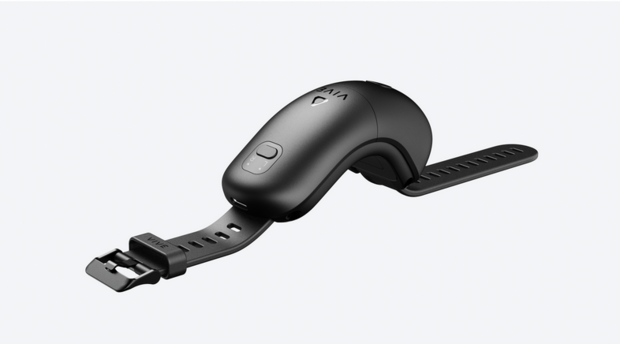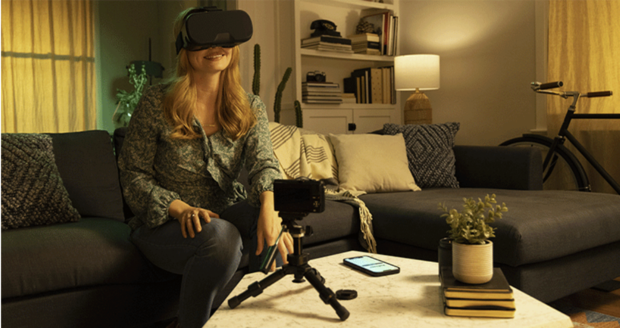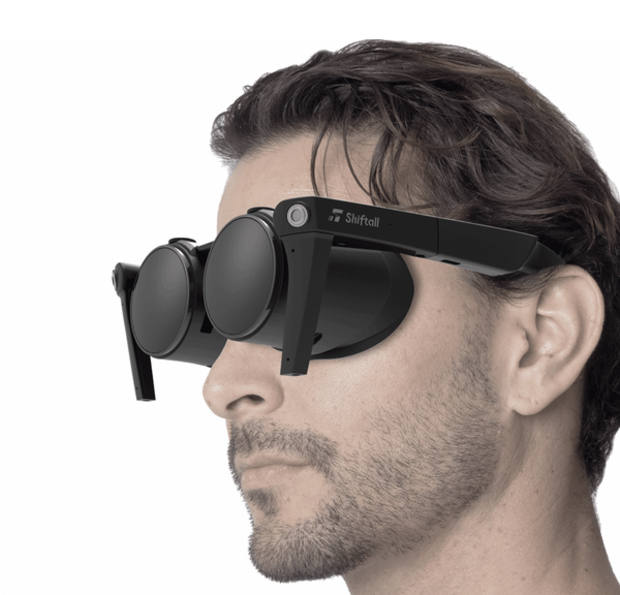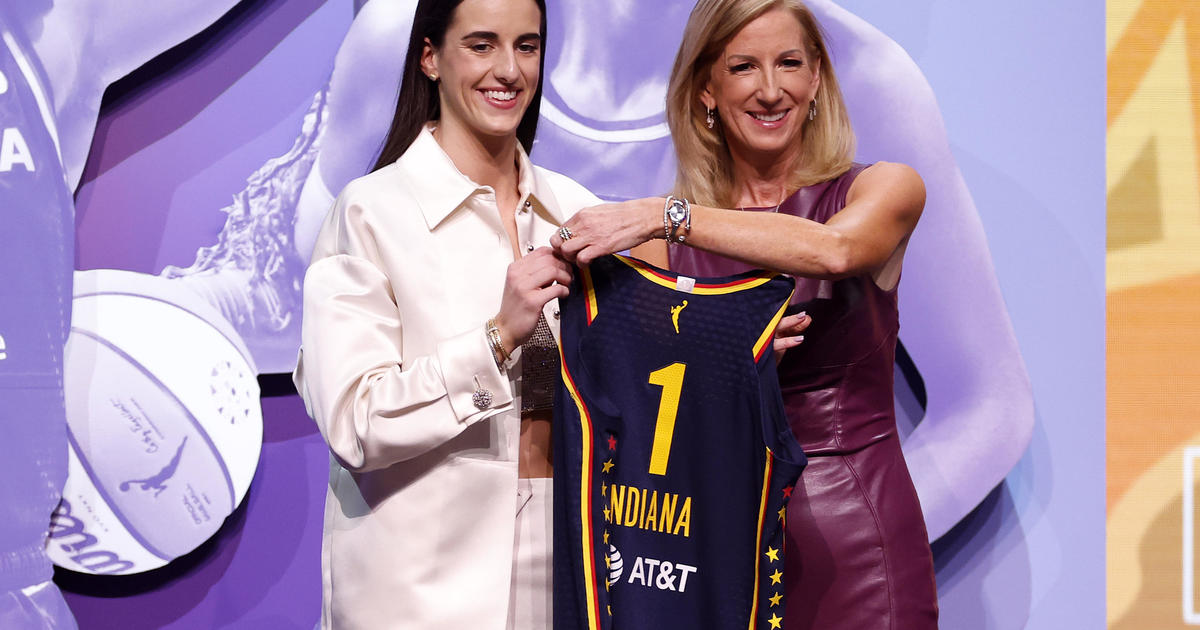Why 2022 is the year virtual and augmented reality will come to life
Sony, the creator of popular gaming console PlayStation, announced its new virtual reality headset at CES this week as the race to compete in the metaverse, a virtual world of work and play, heats up for tech companies.
The virtual reality and augmented reality markets are expected to grow to nearly $600 billion by 2025, according to industry research, and announcements of new products from big-name companies like Sony, Lenovo, HTC, Panasonic and others at the annual trade show in Las Vegas suggest robust consumer demand for reality-altering products.
Jim Ryan, president and CEO of Sony Interactive Entertainment, said during a presentation at CES that the Sony PlayStation VR2 "will introduce a new generation of VR games that enable players to feel a greater sense of presence and become more immersed within their game worlds once they put on the headset and wield the controllers."
Sony did not offer a release date for its VR2 but said it will come with eye-tracking technology, headset feedback and 3D audio so players can feel the elevated pulse of their gaming character during tense moments of action or experience the wind created by an object passing close to the character's head.
Sony said its new virtual reality headset will connect directly to its PlayStation 5 console. The company is also creating the popular game "Horizon Call of the Mountain" exclusively for the VR2. Last year, when Meta (formerly known as Facebook) said it is fully committing to building products for the metaverse, it also announced an exclusive deal to create a version of "Grand Theft Auto" for its Oculus 2 headset.
Meta's Oculus Quest 2 VR device was a hit during the holidays, and its recent success could bode well for the slew of virtual reality and augmented reality devices coming to market. Apple, Google, Microsoft and other large tech firms are expected to announce VR glasses this year.
The Consumer Technology Association, which organizes and hosts CES, predicted last year that more than 100 million Americans will become first-time VR users in 2022. Over a third of Americans already use VR products at least once a month.
HTC's vision of virtual reality extends beyond headsets. This week at CES the Taiwan-based smartphone maker announced a wireless Wrist Tracker for the VIVE Focus 3 headset.
"We're already seeing how hardware is getting smaller and sleeker, and software is becoming faster and more capable," HTC's global head of hardware, Shen Ye, told CBS News.
The tracker was designed to make interacting with, and collaborating in, virtual reality easier and more immersive. HTC partnered with XR Health, a virtual clinic startup, to assist with virtual environment design, and smart-tracker maker Axon to design the trackers specifically for health companies. The companies also built virtual treatment rooms that offer physical and occupational therapy, as well as pain management and physical training.
"Providing virtual treatment for patients is going to enhance all clinician practices by offering the most innovative solutions to anyone, anywhere," Eran Orr, CEO of XRHealth, said in a statement.
Cannon, known best for its photo and video cameras, also announced its concept for a virtual reality headset at CES. The device, which the company is calling "Kokomo," combines immersive 3D experiences with video calling. Instead of seeing avatars when connecting with friends in the virtual world, Cannon says its software will allow users to see loved ones face-to-face.
"We wanted people to forget that they are even wearing a virtual reality headset," Jason Williams, Cannon's senior innovation designer, said in a video announcement. "We realized how significant it can feel to see your own live appearance, expressions and clothing. Not avatars or characters. It's the ability to make eye contact with the people we care about that makes this so special," he added.
While Sony, Meta, HTC and Cannon are pushing VR headsets, other companies like Panasonic, TCL,and Kura Technologies are working with lighter glasses that combine elements of virtual reality and augmented reality.
Panasonic announced the second version of its VR glasses this week at CES. The MeganeX, which is slated to be released this spring with a $900 price tag, weighs less than 9 ounces and has a built-in function that will allow nearsighted people to use it without wearing glasses.
Panasonic's MeganeX is powered by Snapdragon XR1, a processor developed by Qualcomm for smartphones and used in the Meta Quest 2 as well as HTC's Vive Headsets. The glasses are also foldable and have built-in speakers. Panasonic promised more details about the controller for the device ahead of the launch later this year.
TCL, which makes televisions, announced it's also stepping into the virtual and augmented reality world and revealed its first smart glasses at CES. The Leiniao AR smart glasses from the Chinese electronics maker is still a prototype, but a teaser video suggested the glasses are lightweight and can be used to dial into work meetings, take and share photos, respond to text messages, and display turn-by-turn directions for your surroundings.
The glasses can also connect to streaming platforms to play movies and TV shows and come with wireless controllers for video games. "Our smart glasses will provide you the freedom to leave your smart phone in your bag pocket or even drawer, keeping you on top of your digital life in a rich, seamless way," TCL Chief Marketing Officer Stefan Streit said in a video announcement.
The biggest names in consumer electronics aren't the only ones getting involved with virtual and augmented reality products. Silicon Valley startup Kura Technologies, which is one of the honorees for CES 2022 Innovation Award, is working on lightweight augmented reality glasses that it calls "Gallium."
Kura says its glasses weigh less than 3 ounces and have a 150 degree field of view that allows for a wider scope of vision, enabling viewing of content at arm's-length range. The augmented reality glasses also can potentially replace traditional Skype and Zoom calls, according to the company.
The number of virtual reality and augmented reality products released at CES this year indicate the trend will continue. According to Fortune Business Insights, the global virtual reality market could grow from $6 billion in 2021 to over $80 billion by 2028.
Other industry analysts project the mobile augmented reality sector will grow from roughly $12 billion in 2020 to nearly $200 billion by the end of the decade.
For decades, augmented and virtual reality languished as tech novelties, even at tech events like CES. Devices were often clumsy, with low fidelity screens and poor software. But this year's showcase suggest that VR and AR are the future of consumer technology.
"Consumers can expect software to deliver seamless experiences that make it feel like you're in the real-world," HTC's Shen Ye promised. "There will be no discernible latency, and the hardware will be so portable that you'll be able to access these immersive experiences anywhere."
